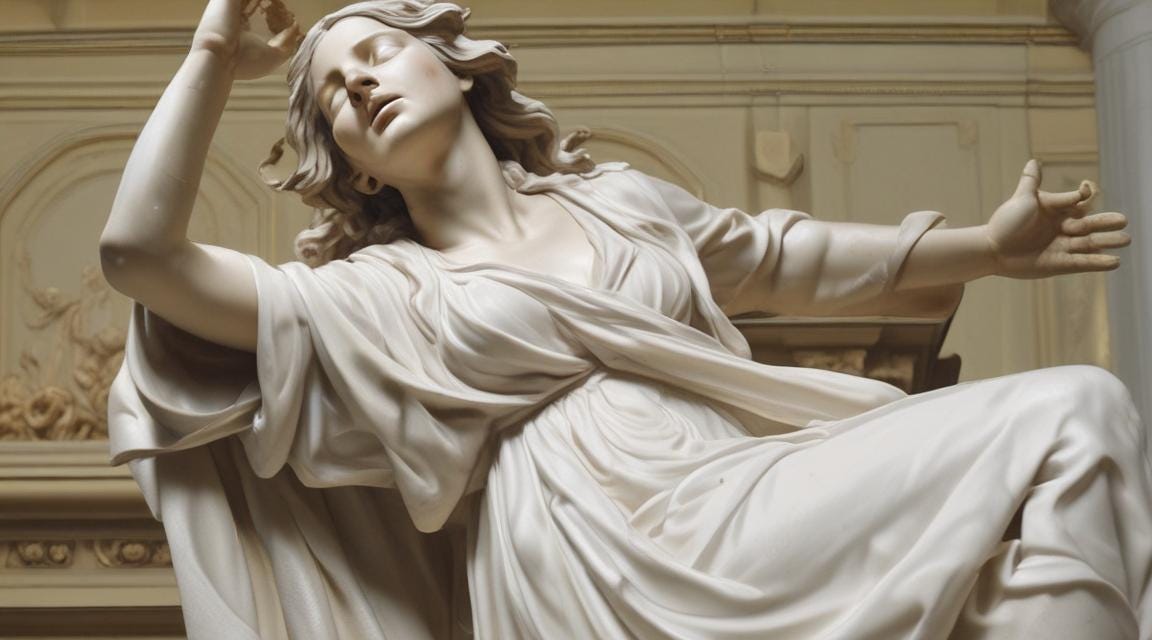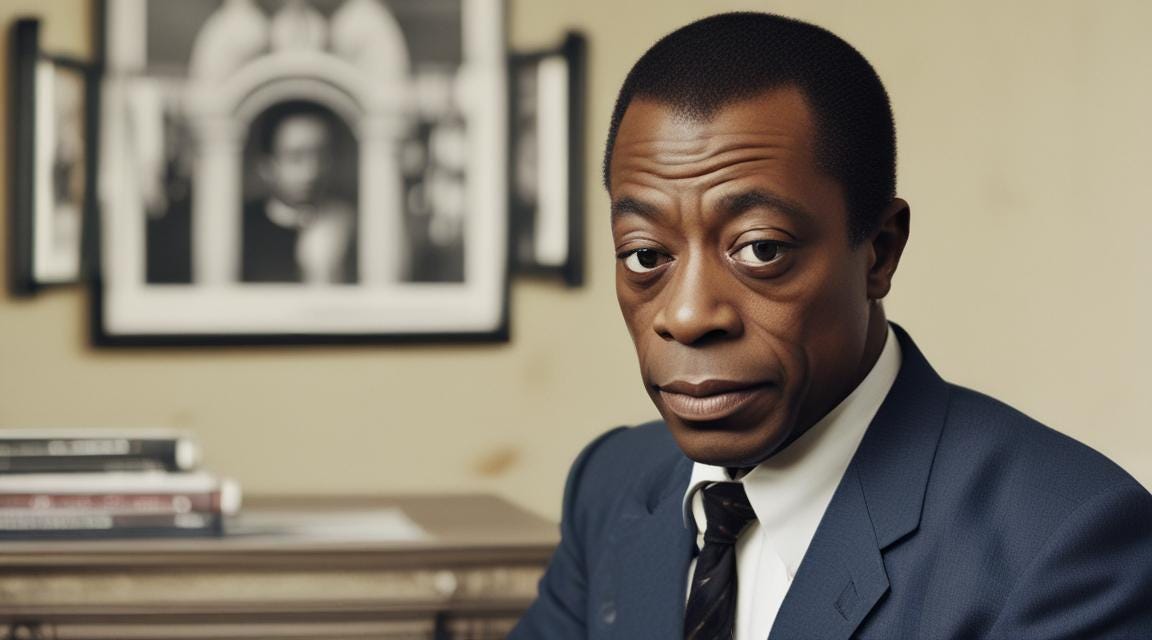The arts influence the lives we lead to a shocking degree, as we argued in the last installment of this meditation. It’s not the desire for influence in which a calling to the arts originates, however. In fact, I think few who are called to the arts even think at the beginning about wielding influence; at least, that’s true in my case.
At the same time, my story in this regard has what I hope you’ll find a happy simplicity.
When I was about eight or nine years old, I read Louisa May Alcott’s Little Men.
Little Women is, of course, her better-known work, but my parents reasoned, correctly, that I would relate better to a story about boys. I read a portion of the work every night before going to sleep. My parents let me keep the light on and stay up as long as I wanted if I kept reading. This was a wonderful inducement to become a voracious reader for a child terrified of the dark.
I remember that once I had read about two-thirds of Little Men, I started to thumb the remaining pages as a means of gauging how much longer finishing the book would take. I wasn’t eager to finish and congratulate myself, as I usually would, on knocking off another title. In fact, the closer I came to finishing the book, the more I slowed down my reading. I began savoring and lingering over every page. When I could no longer delay reading to the end, I finished the last line, put the book to one side, and wept.
Little Men had transported me into another world, made me care deeply about its characters and their fate, and caused me, as long as it held my attention captive, to forget everything but the wonder of the book’s imaginative world.
What I discovered in reading this lovely children’s book was ecstasy.
The word, “ecstasy,” evokes everything from garish scenes of nightclubbers high on MDMA to the heights of Eros D.H. Lawrence turned into a religion to Bernini’s depiction of St. Teresa being ravished by God’s love. It may seem hyperbole to speak of imaginative transport as ecstasy, but I don’t think so.
In ecstasy, we are most ourselves while leaving behind any thought of ourselves.
I once visited a monastery to inquire more deeply into prayer, half-hoping to find an as-yet unrecognized saint who knew personally of what St. Paul meant when the apostle spoke of “being snatched up into the third heaven.” I was on a quest to find visionaries who might strengthen my own questioning faith.
Knowing of my fascination with contemplative prayer and the “sound and light” show that I presumed went with it, the abbot explained that ecstasy is any experience of being “outside oneself.” It was, to his mind, a far more common experience than I understood, and he redirected my attention to his experience and what he guessed about my own.
When sufficiently recollected, the abbot said, he could keep his attention on God while chanting the prayers of the daily offices and find, when his thoughts returned to his prayer book, that he’d not forgotten his place. His mind had been elsewhere even while tracking from one line to another.
He did not believe this distinguished his own experience from most others, however. The experience is common, he claimed, whenever we are so engaged as to be self-forgetful. We realize after such experiences that we have never been more ourselves while being, simultaneously, entirely unselfconscious.
This brings to mind an anecdote from an interview with the novelist James Baldwin in The Paris Review. Baldwin’s alcoholism was well known as he openly discussed his battles with addiction. The interviewer may have been trying to tease out the connection romantics make between creativity and mind-altering substances by asking if Baldwin drank while writing.
Baldwin talked about something far more interesting than a supposed connection between altered consciousness and creativity.
Baldwin wrote mostly at night, he explained. Once the world settled down to its slumbers, he’d pour himself a whisky on the rocks and set it beside his typewriter.
“In the morning when I’d see the sun come up through the window,” he said, “I’d notice the glass, its ice melted, the glass still half-full, a ring of perspiration underneath [my paraphrase].”
The glass of whisky was for Baldwin what the smell of apples were to Proust. Or Frederick Buechner’s habit of sharpening a dozen pencils and arranging them in a specific configuration on his writing desk—an initiating ritual.
He hoped to enter into a state of self-forgetfulness whereby the “vivid and continuous dream” of fiction, as John Gardner puts it, displaced his experience of the here and now. That doesn’t mean he wasn’t aware of scratching out words on a piece of paper or banging on a typewriter, just as the monk kept his place chanting his prayers. It does mean he was “caught up” in what he was doing, so much so that he lost track of time passing, an experience akin to my friend the monk’s ecstasy. It’s what writers and other artists know on a good day. It’s the fundamental “calling” or draw into a life creating art.
As the line goes from Little Big Man, though, “sometimes the magic works and sometimes it doesn’t.” Thus, the initiating rituals, and Virginia Woolf’s desire for a “room of one’s own.”
After my reading of Little Men, I had one simple thought. If I could somehow summon this experience through writing, I would always be happy. I hoped to do what Louisa May Alcott did. I wanted that to be my destiny.
I would like to say that in my magnanimous young heart I longed to do for others what Louisa May Alcott had done for me. That never entered my mind, and, in fact, wouldn’t for a shameful number of years. What I find strange, at this remove, is that I believed—and believed immediately—that I might be able to enter such a blissful state on a regular basis if I became a writer. Why didn’t I simply conclude that I needed to find more books capable of bringing me that level of enjoyment?
I did have a well-developed imaginative life, enacting stories I would make up with my beloved menagerie of stuffed animals. Usually of a threatening world in which “Leon” and “Brownie” and “Panda” depended upon me to play the hero. (There’s a reason Winnie the Pooh strikes a universal chord.) Still, the leap of faith from the ecstasy of reading to the anticipated happiness of writing remains curious.
Freud attributed the desire to create art to our drives toward erotic conquest and the accumulation of wealth and power. (Of course, he attributed all human behavior to these and their inhibitors.)
I don’t think such motives have anything to do with a calling to the arts, albeit many a guitar player has admitted—or boasted—of having joined a band in order to bed groupies. A genuine calling begins in ecstasy and a desire to experience this heightened state of consciousness—of being—as often as possible.
There’s ecstasy to be experienced in the wake of any creative endeavor, including caring for a garden, building a well-wrought table, and especially child rearing. I’m sure scientists experience it as they take the imaginative leaps on which the advancement of science actually depends, whatever discussions of the scientific method may suggest to the contrary. Einstein’s great discoveries, after all, were based on thought experiments. The math into which he translated these could not, in many cases, be verified for decades. Picasso could not keep himself from fashioning sculptures from the contents of the breadbasket in bistros.
In ecstasy, we are most ourselves while leaving behind any thought of ourselves.
This sounds grand and glorious, I realize, and anyone who has ever actually worked in the arts will immediately protest that I am making a life in the arts sound even more fanciful than the most naïve imagine it to be. There’s tedium aplenty. The novelist Flannery O’Connor emphasized the sheer labor involved and said that if one wasn’t willing to work like a slave, a budding artist should find another job; it wasn’t fancy enough for him.
The skeptical reception many give someone who announces himself as “an artist” is more than justified by the common imagination’s correct understanding that it takes work and achievement to claim such a title. When disabusing people of an overly happy notion of what my life has been like, I’m prone to say of writing: It’s more like brick laying than anything else. And it is. It’s work.
Anton Chekhov is reported to have said that writing a novel is “like crawling on your knees from London to Vladivostok.” Walker Percy remarked that the novelist is like “a one-armed man trying to build a chicken coop in a hurricane.” He also wrote a hilarious essay called, “Why Writers Drink,” in which he discusses facing the blank page every day. “It’s hard on the nerves,” he concludes.
I imagine that the musicians who gather for writing rounds in Nashville must feel a particular despair when they consider whether anything remains to be said about whisky, trucks, and late nights out by the lake. The professional painters’ studios I have visited have all struck me as industrial construction sites—they are not romantic places.
And yet, some of us are drawn, ineluctably it would seem, to lives disposed to a labor that lifts our spirits into other worlds, where we leave the self behind until the sun comes up through the window.
As T.S. Eliot puts in the “The Dry Salvages,” one of the poems in his Four Quartets: “Or music heard so deeply/That it is not heard at all, but you are the music/While the music lasts.”
A calling to the arts entails other compelliing experiences, too. These are more peculiar to the process of artistic creation and present expansive possibilities for the soul and also self-destructive temptations. They center in learning what we cannot know otherwise and encounters with a creative force greater than ourselves. We will take these subjects up as we complete these reflections on why Music & Culture.








A wonderful read, Harold. Your experience reading Little Men and wanting to re-create that feeling through your own writing happened to me at a young age too, except through music. Almost 60 years later I’m still composing. I appreciate your insights into the creative process and ecstasy – the elusive beast that it is. You put it so clearly here.
‘A genuine calling begins in ecstasy and a desire to experience this heightened state of consciousness—of being—as often as possible.’
Your quote from T.S. Eliot describes this experience perfectly '...you are the music'.
I look forward to reading your previous posts, and those to come.